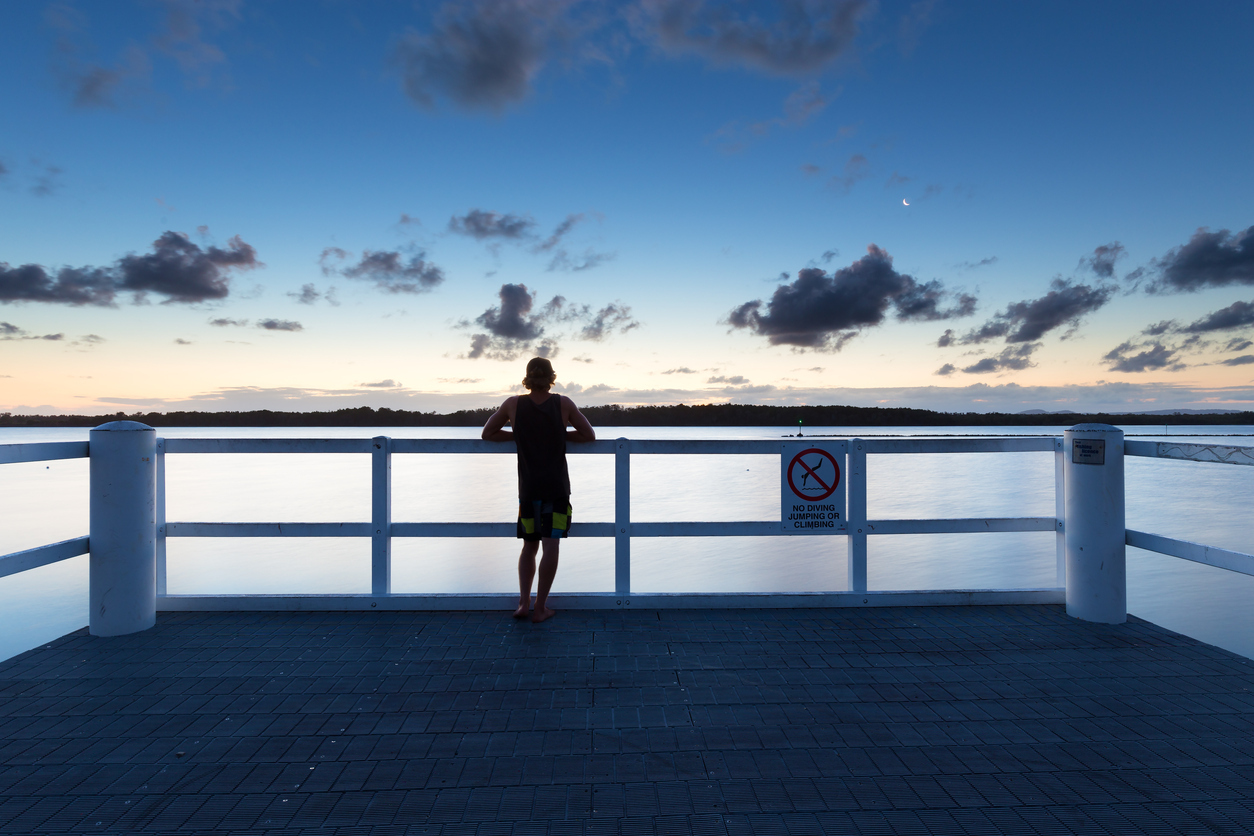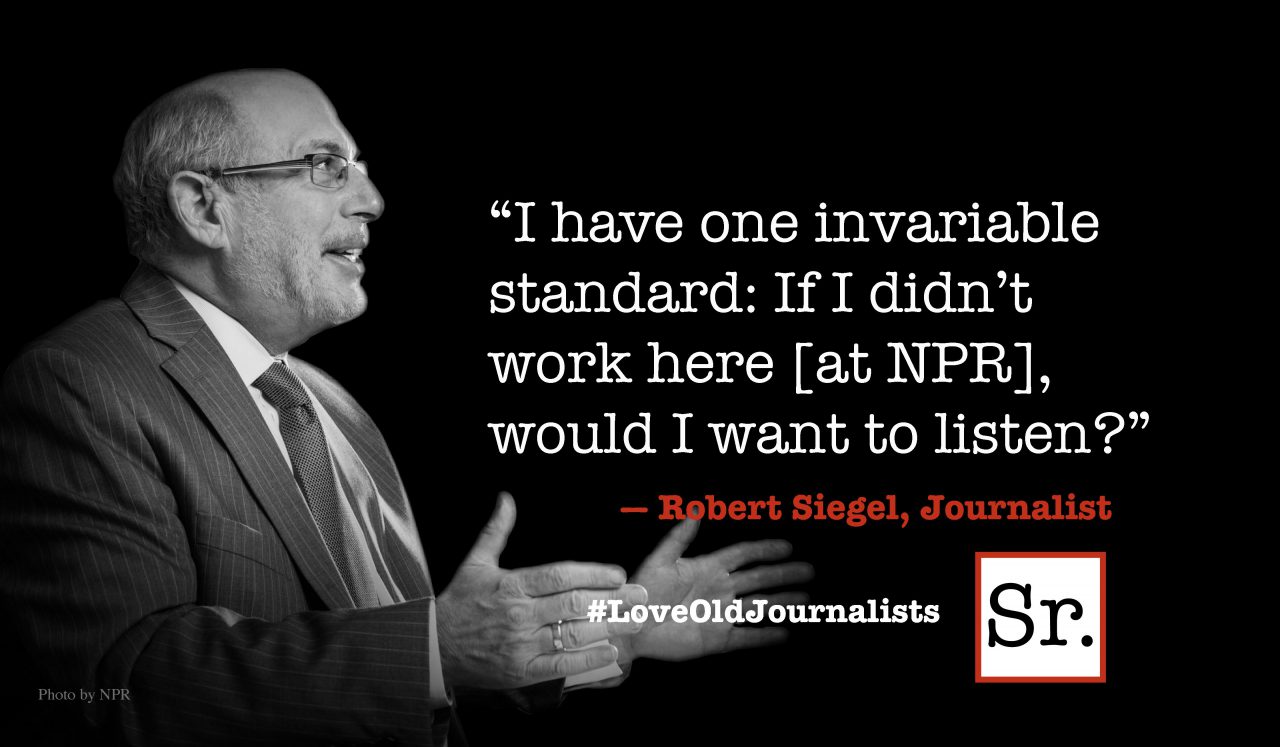As my foot draws ever closer to the proverbial bucket, the list of things I need to do or want to see before my last kick continues to shrink. I am reminded of an old friend, Dr. J.J. Van Boskirk, whose wisdom, if not his energy, seemed to expand with every passing year. I encountered him for the last time at a national assembly of our churches — I believe it was in Indianapolis. He was practically being carried across the convention hall floor by four sturdy friends. On route, they were accosted by a much younger delegate who rushed up to this caravan and said, “Dr. Van Boskirk, I’ve always wanted to get to know you!” Without batting an eye or losing a step, the ancient saint replied, “Then you had better hurry!”
While I may or may not be that close to the edge of life’s ultimate cliff, it occurs to me that my bucket list is already considerably diminished. In reviewing the remaining catalog a few months ago, I said, to Wendy, “I would like to go to the Panama Canal.” Don’t ask me why that was on my shortened list. It was just something I have wanted to do for a long time.
So Wendy — who has almost always responded to my solid or even my harebrained notions — said, “Let’s do it!” So a few weeks ago we were on a cruise ship headed south through the Caribbean. Sitting quietly reading seemed to be the way I preferred to spend my energy during those days at sea. Three or four times I did enjoy the swimming pool aerobics, followed by a session in the adjacent hot tub. This floating hotel had both. Since I am now very wobbly, just getting in and out of the hot tub was a hair-raising event, and was only accomplished by taking carefully placed two-inch steps, while holding on with both hands to whatever was available. Once I got to the tub’s edge it was three steps up and four steps down into the bubbling hot water. One afternoon as I was making this brief albeit perilous journey, the ship’s captain seemed to believe that this was the precise time to find the roughest patch of the Caribbean, making my adventure even more problematic. I finally made it into the spa and back out, and managed to crawl my way across the deck to one of those ubiquitous poolside lounge chairs.
Standing quietly just a few feet away was a distinguished-looking gentleman, who said as I collapsed into the chair, “I’ve been watching you from the moment you arrived at the pool, and if it looked as if you might need a bit of help, I was at the ready.”
When I had regained my composure, I thanked him not only for his concern but also for his profound insight into one of life’s vital rules. I went on to comment about how I believed that this ethical imperative generally practiced would make for a far better, safer world. His comment took me back for a moment. “Are you saying that I should be my brother’s keeper?” “No,” I responded, “Just your brother’s brother.” Thus ended our conversation. When I arrived back at our cabin, Wendy inquired about my swim. “Nothing much happened,” I responded. “Nothing except for discovering again one of the most profound secrets of a nobler society!”
Somehow getting that ethical axiom enshrined in a constitution or in some other formal set of rules would make for a kinder, gentler world for all of us. While the chances that any political system might enshrine that ethic is remote, perhaps the best we can hope for is an approximation of the way we order our personal lives, or in an occasional societal norm. Isn’t that what all solid religious systems have to teach? In the next weeks, I will look with you at a few of the implications, political and otherwise.









